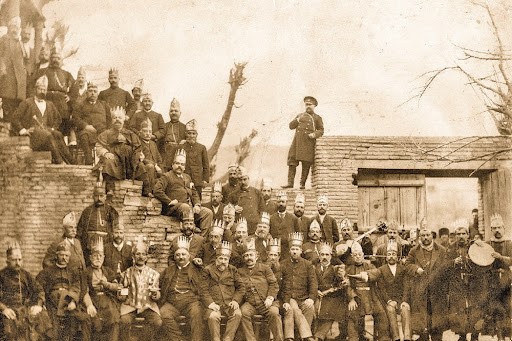Online resources

forgotten stories
Over time, the centuries-old tradition - "Keenoba" (a carnival and fertility festival) - changed its face when the government banned the following festival in 1880. The Georgian people replaced it with "Ispanakhoba"," a tradition of mass entertainment in Tbilisi in the 19th century. It is a modified form, and only the last part - the feast - has survived to this day. For centuries, all ethnic groups living in Tbilisi celebrated this day. This holiday got its name because only fasting food was served, Ispanaki is a type of edible green food. For this day, the population began to make special preparations - wearing paper crowns, tattered old hats and sackclothes. There was also a good tradition – during the feast, entertaining people came, collected money and used it to give a dowry to a poor woman, whom they then married.
in 1894, Ilia Chavchavadze also took part in the "Ispanakhoba".

 News
News Online magazine
Online magazine Tickets
Tickets